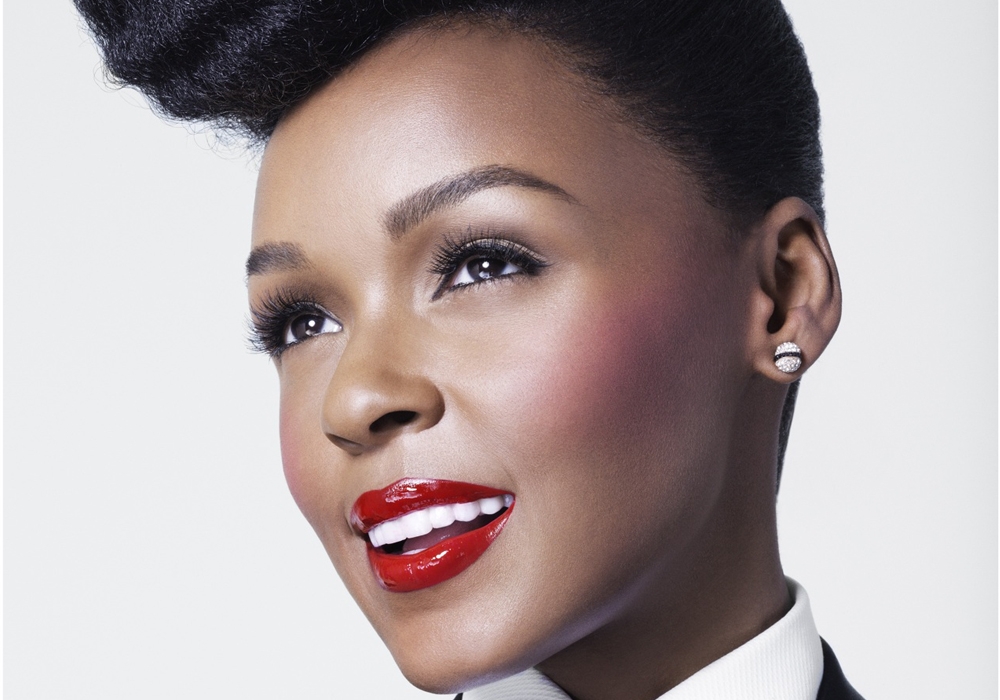Umaimah Adan, Contributor
Featured image courtesy of CoverGirl Cosmetics
My love for makeup is deep and bordering on obsessive.
I would even go as far as to declare watching countless makeup tutorials as a hobby of mine. However, as a dark skinned woman, it is unfortunate that I struggle to find products that suit my complexion. Why is it that drugstore brands offer endless variations of beige but darker-skinned women are lucky if we have more to choose from than “caramel” and “cocoa.”
It is unfair that I often have to buy two different foundation shades to get something close to my skin colour. Let’s not even get into matching undertones. Not every dark-skinned woman can access high-end brands and we should not have to pay more for what white women are offered at a much cheaper cost. When dark-skinned women want to find the appropriate foundation, powder, or even blush that will not make us look ashy or clown-like, we often must turn to higher-end brands such as Lancôme or Nars. It isn’t fair that we have to pay more for what white women can buy at a pharmacy.
This lack of representation is further displayed in the world of advertising. White women are often the faces of beauty campaigns, further perpetuating the idea that European beauty is superior.
When Rihanna and Lupita Nyong’o were made the faces of Dior and Lancôme respectively, it was seen as groundbreaking. In truth, representation of women of colour in the beauty industry should be standard and expected. When we do not see ourselves represented in these advertising campaigns, this sends a very clear message. One that screams we are not welcome or wanted – that this product is not for us.
This issue may seem frivolous or skin deep to some, however it goes beyond the superficial. The beauty industry is yet another area that women of colour are excluded from and made to feel as if we do not belong. It is another way of showing us that white is the default and anyone else is the “other.”
This exclusion has led to the creation of cosmetic and beauty lines by and for women of colour. Fashion Fair was the first black-owned cosmetics industry, founded in 1973 in order to provide black runway models with appropriate shades.
Today, Fashion Fair is only one of dozens of companies created specifically with women of colour in mind. People of colour deserve to be recognized and catered to as legitimate customers.
Follow us on instagram, @excalphotos


